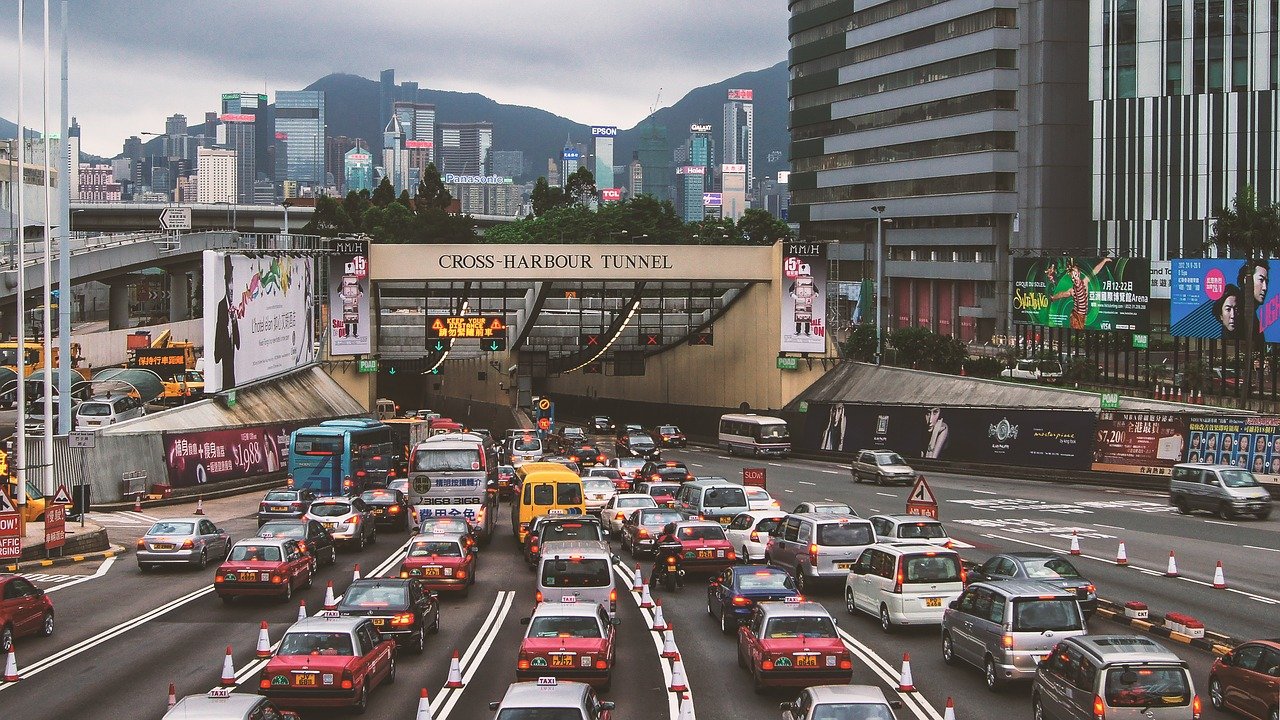Coronavirus: Bars to shut in four more French cities with alert level raised
The French government has imposed tighter coronavirus restrictions in four more cities with high infection rates, as a number of European countries see a surge in cases.
The cities of Lyon, Lille, Grenoble and Saint-Etienne will become zones of maximum alert from Saturday.
Bars and restaurants will have to close, as they did in Paris earlier this week and Marseille last month.
The measures were announced as France saw a near-record 18,129 new cases.
“The situation has deteriorated in several metropolises in recent days,” French Health Minister Olivier Veran said at a news conference on Thursday. “Every day, more and more people are infected.”
France’s maximum-alert level comes into force when the infection rate in a locality exceeds 250 infections per 100,000 people and at least 30% of intensive care beds are reserved for Covid-19 patients.
Hospitals in the Paris region moved into emergency mode on Thursday, as coronavirus patients took up almost half of intensive-care beds.
France’s coronavirus situation mirrors that of other European countries, including the Netherlands, Poland, Ukraine and the Czech Republic, which all reported record increases in daily cases on Thursday.
Even Germany, a relative success story of the pandemic in Europe, has started to see what its health minister has called a worrying rise in cases.
A large proportion of the rise in coronavirus cases globally is being driven by outbreaks in Europe, the Americas and South-East Asia.
On Thursday, the World Health Organization (WHO) reported a record one-day increase in global coronavirus cases, with the total rising by 338,779 in 24 hours.
What’s happening in Germany?
Germany saw its highest daily rise in infections since April, with confirmed cases rising by almost a third to more than 4,000.
It has now recorded a total of 310,144 cases with a death toll of 9,578, according to the Robert Koch Institute (RKI). The UK in contrast has registered 544,275 cases and 42,515 deaths. On Thursday 17,540 new cases were recorded in the UK.
At a news conference, RKI President Lothar Wieler said Germans must be wary of what he called the “prevention paradox” - the feeling that measures were no longer needed because case numbers were relatively low.
“The current situation worries me a lot. We don’t know how the situation in Germany will develop in the coming weeks. It’s possible we’ll see more than 10,000 new cases a day, it’s possible the virus will spread out of control,” he said.

